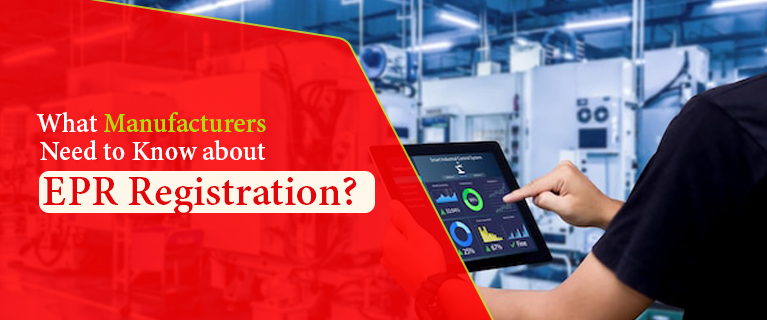Understanding EPR Certificate For Imports In India
In an era of ever-increasing electronic consumption, the proper management of electronic waste, or e-waste, is of paramount importance. The responsibility for managing the lifecycle of electronic products after they've been consumed falls on manufacturers and importers. To address this concern, the Indian government introduced the Extended Producer Responsibility (EPR) policy in 2011. The Central Pollution Control Board (CPCB) was subsequently authorized to issue the EPR Certificate for Imports, which plays a vital role in controlling e-waste in the country.
Is EPR Certificate for Import Mandatory in India?
To effectively manage e-waste, importers and manufacturers must obtain an EPR Certificate for Imports into India. However, this requirement extends beyond merely acquiring a certificate. Importers and producers must also possess the necessary permits to operate in India. Failing to comply with these regulations can lead to severe consequences, including debarment and fines.
Impact of EPR Certificate for Imports on the Environment:
1. Encouraging Product Reuse: The EPR strategy encourages the prompt disassembly of products for reuse and recycling. This minimizes the need for new raw materials, promoting product reuse and reducing waste.
2. Ensuring Sustainable Development: EPR fosters the conservation of natural resources, reduces waste quality, and eliminates pollution. These efforts align with the principles of sustainable development, benefiting both consumers and manufacturers.
3. Environmental Impact: EPR reduces the reliance on waste disposal methods like burning, which can produce hazardous gases harmful to human health and the environment. It also eases the burden on local communities responsible for managing garbage, as proper recycling and refurbishment become more prevalent.
Process to Obtain an EPR Certificate for Import in India:
1. Application Submission: Interested parties must submit their applications to the CPCB using Form-1 within three months of the rules becoming effective. The application process has been streamlined, allowing applicants to submit their EPR Registration applications online.
2. Review and Issuance: The CPCB reviews the EPR Plan submitted with the application. Once all requirements are met, the CPCB issues an EPR Certificate for Import in Form 1, which is valid for five years. This certificate is usually granted within four months.
3. Enforcement: The CPCB has the authority to refuse or terminate the issuance of an EPR Certificate for the import of e-waste into India. However, applicants are entitled to a fair hearing before any decision is made.
Mandatory Guidelines for EPR Certificate:
- All parties involved in e-waste management, including producers, importers, refurbishers, transporters, dismantlers, and recyclers, are held accountable for any environmental or third-party damages resulting from improper e-waste management and disposal.
- Only producers with EPR authorization are allowed to import Electrical and Electronic Equipment (EEE) into India.
- The CPCB conducts random checks to ensure compliance with e-waste rules and identifies producers or importers who have not applied for EPR authorization.
Product Categories Covered by EPR Certificate:
The EPR Certificate covers various categories of electronic equipment, including information technology and telecommunication equipment, and consumer electric and electronic products.
Read Also This - Availing Best EPR Services in IndiaConclusion:
The EPR Certificate for Imports is crucial for importers and manufacturers operating in India, as it ensures the responsible management of e-waste. This certificate not only benefits consumers, importers, and society by promoting safety and sustainable development but also reduces waste and its environmental impact. Without an EPR Certificate, operating in the Indian market becomes impossible. In summary, EPR Certification for Imports is not just a requirement but a commitment to environmental responsibility and sustainable practices.



Comments
Post a Comment